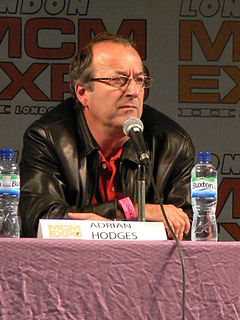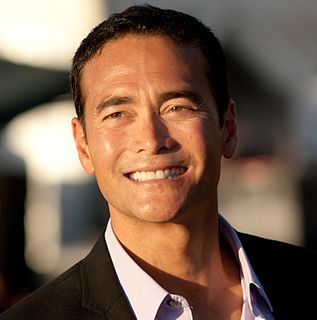A Quote by John Dewey
To have an idea of a thing is not just to get certain sensations from it. It is to be able to respond to the thing in view of its place in an inclusive scheme of action; it is to foresee the drift and probable consequence of the action of the thing upon us and of our action upon it.
Related Quotes
[Action's] a Western thing. We think of the hero going into battle, rebelling against a government or an oppressor, but [in KUNDUN] action is nonaction or what appears to be nonaction. That's a hard concept for Western audiences. . . . We wanted to show a kind of moral action, a spiritual action, an emotional action. Some people will pick up on it; some won't.
In order for us to be able to love, we need to have faith, because faith is love in action and love in action is service. In order for us to be able to love, we have to see and touch. Faith in action through prayer, faith in action through service: each is the same thing, the same love, the same compassion.
If everybody did just one thing. Just one thing. Not even a great thing. Not a world-changing thing, just one blessing, just one act of living kindness. The effect of each caring action, no matter how seemingly small, brings blessings into the lives of others. There may be no greater or more important thing that we can do at this instant.
It's the action, not the fruit of the action, that's important. You have to do the right thing. It may not be in your power, may not be in your time, that there'll be any fruit. But that doesn't mean you stop doing the right thing. You may never know what results come from your action. But if you do nothing, there will be no result.
The whole idea of action being a carrier of information is something that comes directly from theater. That's, in some ways, the one thing I've been trying to contribute. I still write things outside of architecture - not really fiction, but not nonfiction. I like dialogue as a form, because the text is only the trace of an action. The consequential information is carried in the action you choose to put on that text.
. . . it is true that language and forward movement in the cinema are jolly hard to reconcile. It's a very, very, difficult thing to do. . . . There is still a place in the cinema for movies that are driven by the human face, and not by explosions and cars and guns and action sequences . . . there's such a thing as action and speed within thought rather than within a ceaseless milkshake of images.








































